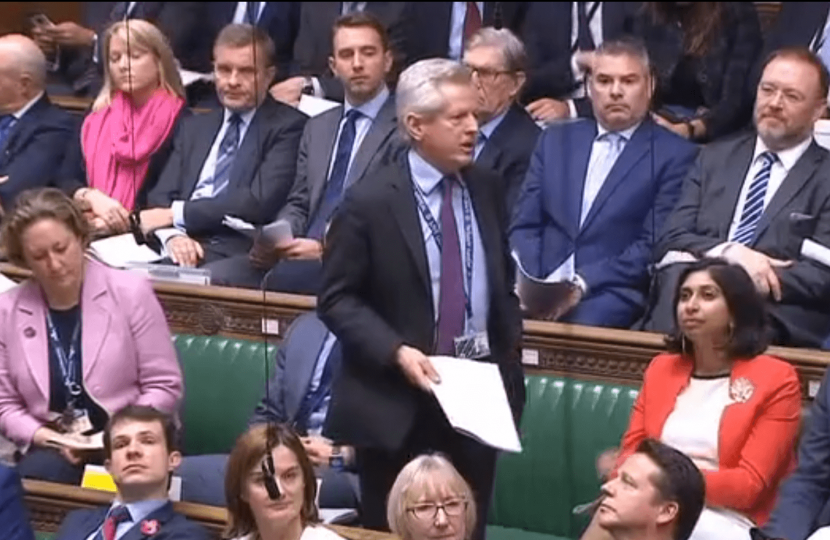
The government has made great strides forward in protecting our children from sexual exploitation in recent years. But there are, inevitably, still areas where we can and should do more. One of these concerns who is “in a position of trust” for 16-18 year olds.
Let me recap what the government has done. It recently launched a programme to support 16 and 17 year olds who experienced sexual abuse to access wellbeing and mental health services. This recognises that under 18 year olds do still need protection, even though they are above the age of consent. And this issue – protecting 16-18 year olds – is I believe relevant for those who are being instructed outside school.
In a recent case brought to me, a constituent was concerned about a sexual relationship that had taken place between his 17 year old daughter and her late middle aged driving instructor. While consensual, was it appropriate behaviour by the instructor? What way was there of knowing if the instructor has been effectively grooming his pupil? And if there was nothing illegal in doing so, were other under 18 pupils potentially at risk from what might be considered ‘predatory’ instructors?
These are difficult questions, and in law, nothing allows for any charges to be recommended by the police.
Of course had the driving instructor been a teacher or carer, then such a relationship would have been illegal under Sections 16-24 of the Sexual Offences Act 2003. But those who instruct outside the schoolroom (for example in a car) are not covered by the same responsibility.
In reality a driving instructor is in arguably a greater position of trust: self-employed, working alone, unsupervised and with very close proximity to the young pupil. One victim wrote to me stating: “when you are in a car you are in a very close space physically and not able to ‘escape’ easily.” This is one aspect, and the other is the length of time the instructor is often alone with the student, a clear safeguarding hazard.
In the instance in my constituency, the County Council conducted a safety assessment and agreed that the instructor had ‘taken advantage…and abused his position of trust as a driving instructor’ but since he is not covered by the Act, that left the parents understandably frustrated, and with no case to pursue.
The case raised two concerns for me. Firstly, how many driving instructors are exploiting their position to abuse or harass their clients? Are they being prosecuted for this? And if not criminally misbehaving but behaving inappropriately, are they being reported to the DVSA and is this leading to instructors being struck off their list of ‘fit and proper’ people to be Approved Driving Instructors?
One investigator, previously contracted by the DVSA to investigate claims of sexual harassment and misconduct by instructors, told me that compared to 6 reports in 2012/13 there had been 75 in 2015/16. This is a clear increase and a potentially worrying trend that we must address with clearer and stronger procedures.
Secondly, are those under 18 year olds learning to drive at risk? Can we do better by adding Driving instructors to the list of Positions of Trust in the Sexual Offences Act 2003, alongside teachers?
I raised this with the Prime Minister at PMQs in October and she agreed the Gloucester case was concerning, and that she would raise it with the Department concerned. This led me to write to Minister for Safeguarding and Vulnerable People Vicky Atkins MP with more detail, and I hope to hear back soon.
It is often constituents and a particular experience which highlights a gap in the law. It is not hard to extend a similar argument to sports coaches at Clubs. In both cases I sense instinctively that something should be done: which is why I’m pursuing changes in the Sexual Offences Act 2003 to make sure that there is no doubt about what the boundaries of behaviour should be between instructors and their young pupils. I believe the change is simple and can and should be done. Those in positions of trust looking after 16-18 year olds is what we should all expect.